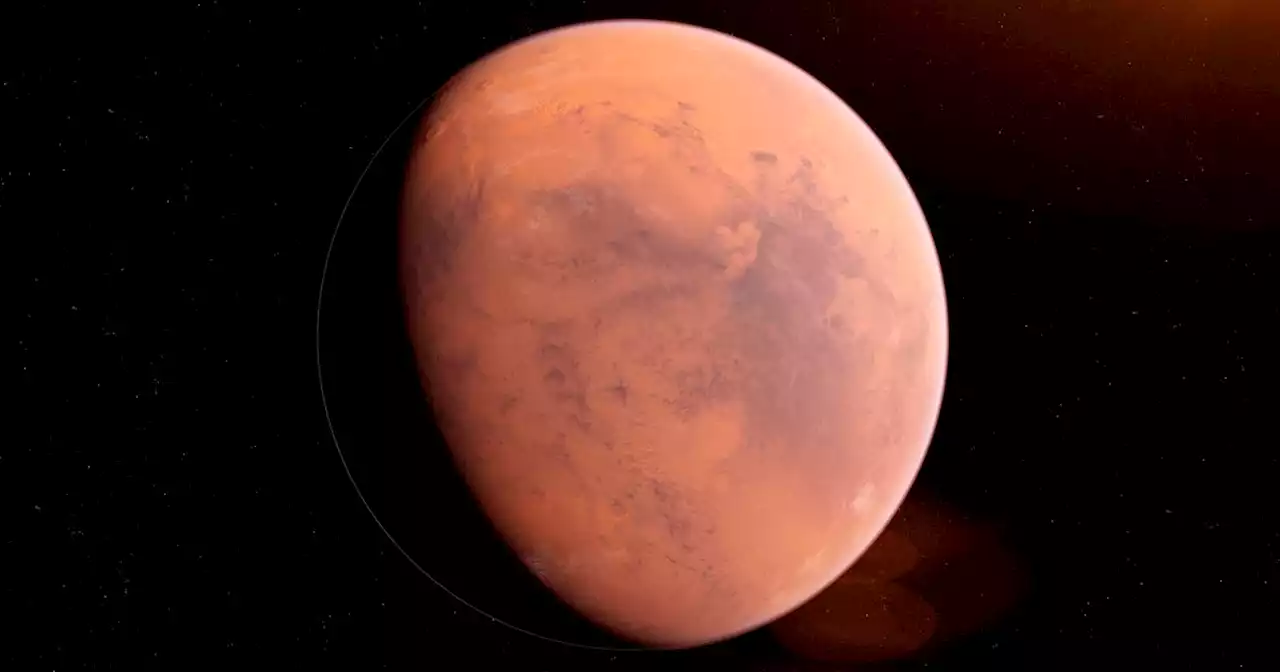If you're in a major city nearly anywhere in the world, it is likely quite easy to grab a cheap hamburger from a nearby fast-food restaurant. But what you may not realize is that the meat in that inexpensive burger can actually illustrate a grand narrative about how humans have shaped the planet. Fr
Caltech researchers have developed the Human Impacts Database. It contains global data on how humans have impacted the planet. Credit: Caltech
An infographic illustrating various numerical values relevant to the human impacts on the environment. Click the magnifying glass icon in the lower right to zoom. Credit: G. Chure “For example, a friend texted me asking how to compare the impact of dairy cattle versus beef cattle,” Chure says. “We can use our database to figure out that, in terms of land requirement, greenhouse gas emissions, and water use, beef cattle are more impactful by a factor of five or more on a per-calorie basis. We really hope that this database is useful for both ordinary citizens trying to make decisions and for people thinking about policy.
United States Latest News, United States Headlines
Similar News:You can also read news stories similar to this one that we have collected from other news sources.
 Superhighway of ancient human and animal footprints in England provides an 'amazing snapshot of the past'Erosion along a beach in England has revealed ancient human and animal footprints.
Superhighway of ancient human and animal footprints in England provides an 'amazing snapshot of the past'Erosion along a beach in England has revealed ancient human and animal footprints.
Read more »
 Life on early Mars may have met its demise because of climate change, study suggestsMartian life might have thrived in the planet's early days. A new study found climate change may have driven it to extinction.
Life on early Mars may have met its demise because of climate change, study suggestsMartian life might have thrived in the planet's early days. A new study found climate change may have driven it to extinction.
Read more »
 Human-Like Alien Species Are Likely Living In the Far Reaches of the UniverseSome scientists claim that if there are any planets that allowed life to flourish, there might be human-like aliens, thanks to convergent evolution.
Human-Like Alien Species Are Likely Living In the Far Reaches of the UniverseSome scientists claim that if there are any planets that allowed life to flourish, there might be human-like aliens, thanks to convergent evolution.
Read more »
 Animals notice—and adapt—when humans are in national parksEven in remote national parks, the presence of even just a few humans impacts the activity and behavior of wildlife.
Animals notice—and adapt—when humans are in national parksEven in remote national parks, the presence of even just a few humans impacts the activity and behavior of wildlife.
Read more »
 'Lights Are Flashing Red': Study Finds 69% Average Drop in Animal Populations Since 1970'We should care deeply about the unraveling of natural systems because these same resources sustain human life,' said the World Wildlife Fund's global chief scientist.
'Lights Are Flashing Red': Study Finds 69% Average Drop in Animal Populations Since 1970'We should care deeply about the unraveling of natural systems because these same resources sustain human life,' said the World Wildlife Fund's global chief scientist.
Read more »
 The global economy is in chaos. Nobody’s coming to the rescue.The global turmoil provides the latest test of U.S. influence over international affairs, after the Biden administration sought to re-engage with the world in the post-Trump era.
The global economy is in chaos. Nobody’s coming to the rescue.The global turmoil provides the latest test of U.S. influence over international affairs, after the Biden administration sought to re-engage with the world in the post-Trump era.
Read more »
